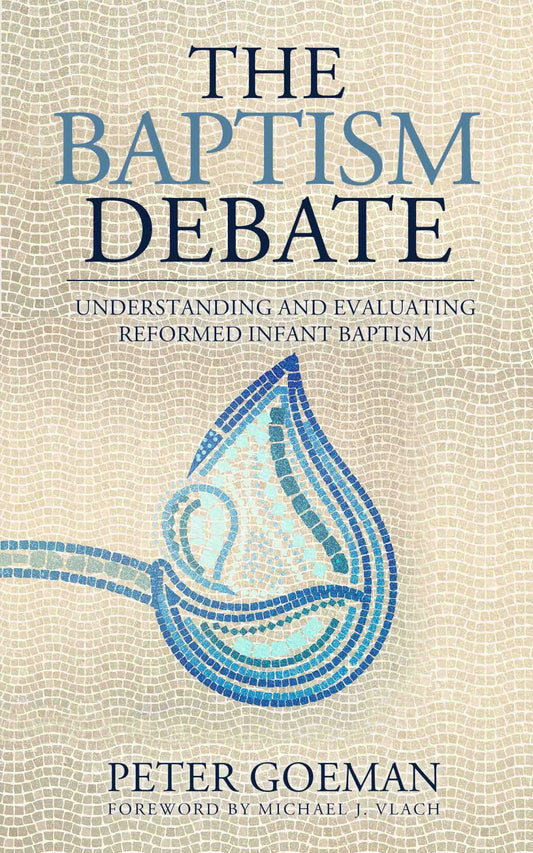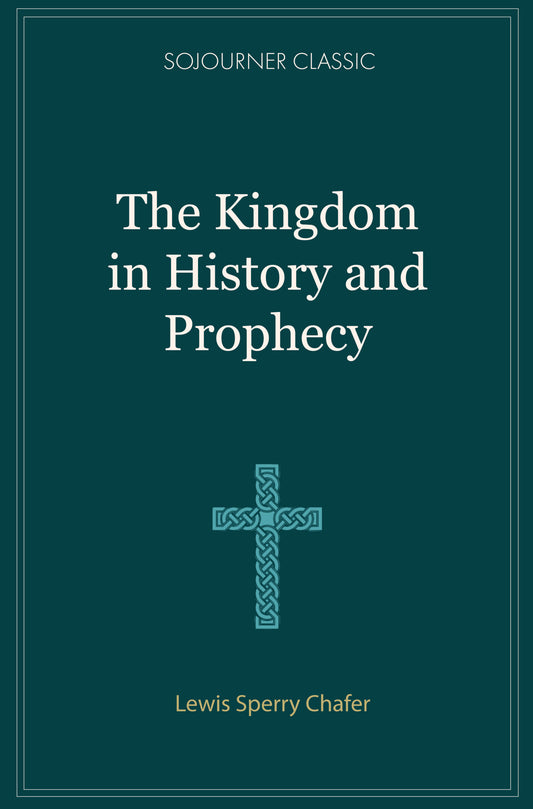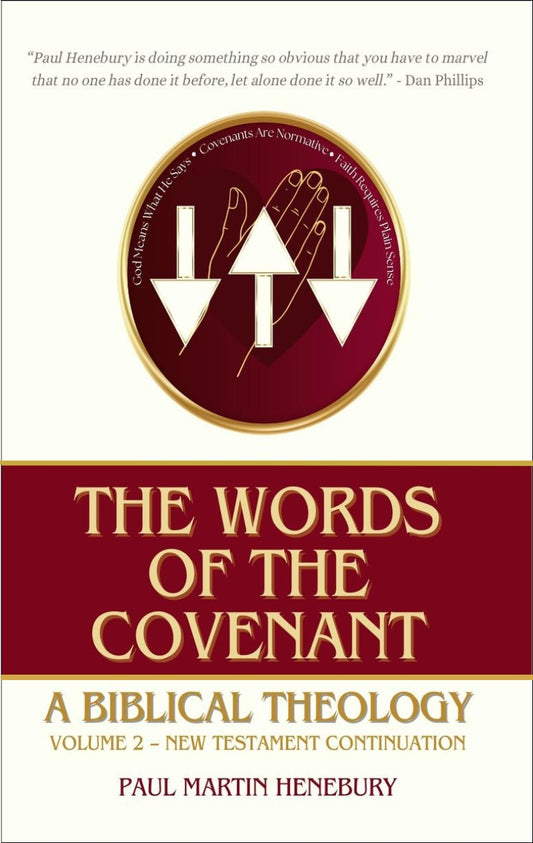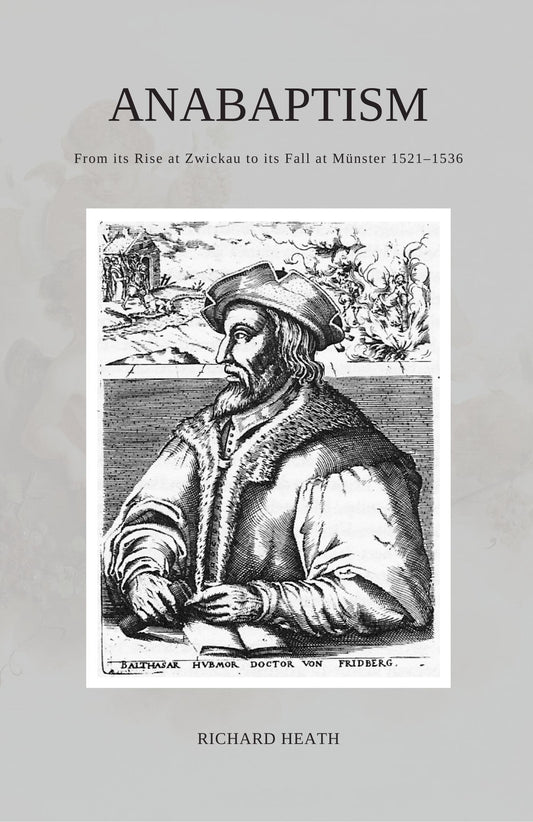
Featured Books
-
The Baptism Debate: Understanding and Evaluating Reformed Infant Baptism
Vendor:Peter GoemanRegular price $13.99 USDRegular priceUnit price / per$21.99 USDSale price $13.99 USDSale -
Artificial Intelligence and the Christian: Understanding AI’s Promises and Pitfalls
Vendor:Peter GoemanRegular price $5.00 USDRegular priceUnit price / per -
The Kingdom in History and Prophecy
Vendor:Lewis Sperry ChaferRegular price $5.50 USDRegular priceUnit price / per -
Reading Greek with the Desert Fathers: An Intermediate Greek Reader
Vendor:Timothy BradyRegular price $7.00 USDRegular priceUnit price / per$7.99 USDSale price $7.00 USDSale -
Till He Come
Vendor:James Hall BrookesRegular price $5.00 USDRegular priceUnit price / per -
The Words of the Covenant: A Biblical Theology, Volume 2: New Testament Continuation
Vendor:Paul HeneburyRegular price $32.00 USDRegular priceUnit price / per -
My Wife—Her Shining Life
Vendor:Jim RosscupRegular price $11.99 USDRegular priceUnit price / per -
Anabaptism: From its Rise at Zwickau to its Fall at Münster 1521–1536
Vendor:Richard HeathRegular price $7.99 USDRegular priceUnit price / per

Academic. Theological. Devotional.

-
Academic.
We exist to provide academic resources to the church that are not driven by sensationalism.
-
Theological.
We exist to provide theological resources that exegete and apply Scripture properly.
-
Devotional.
We exist to provide devotional resources that impact the heart and not just the mind.








